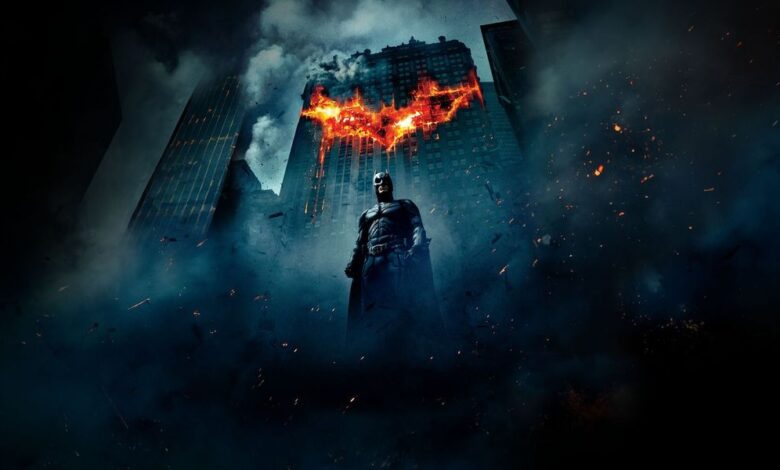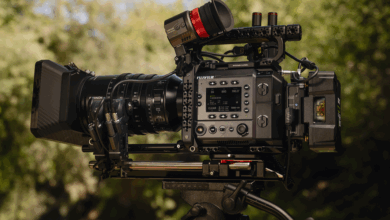Midjourney Lawsuit: Impact on Generative AI Video Industry

The recent lawsuit against Midjourney by Warner Bros. Discovery raises critical questions about the future of generative AI video and copyright infringement.
Could This Latest Midjourney Lawsuit Spell The End For Generative AI Video As We Know It?
For the many AI naysayers who have reservations about generative AI, this might be the major showdown that could disrupt the industry as we know it. Midjourney, one of the earliest players in the generative AI space, despite its early success, may also be the first to falter.
Warner Bros. Discovery is suing Midjourney for copyright infringement, alleging that Midjourney has trained its model on others’ intellectual property. Unlike other top generative AI video models like Sora or Veo, Midjourney isn’t backed by a tech giant such as Microsoft or Google, making this showdown potentially fatal for the independent program.
Here’s what we know about this lawsuit so far and a quick exploration into how it could change the generative AI industry moving forward.
Warner Bros. Discovery Sues Midjourney
As outlined in the original Hollywood Reporter article, this lawsuit accuses Midjourney of “brazen” IP theft. At the heart of the lawsuit is the claim that Midjourney has used Warner Bros. Discovery’s intellectual property to train its generative AI models.
“The heart of what we do is develop stories and characters to entertain our audiences, bringing to life the vision and passion of our creative partners. Midjourney is blatantly and purposefully infringing copyrighted works, and we filed this suit to protect our content, our partners, and our investments,” stated a Warner Bros. Discovery spokesperson (via THR).
The evidence against Midjourney is compelling, as Warner Bros. Discovery presents examples of Midjourney AI generations of iconic copyrighted characters, which the lawsuit claims would only be possible if Midjourney’s models were trained on copyright-protected promotional materials.
The Future State of Generative AI
If you’ve been following AI news lately, this battle has been a long time coming. It has intensified recently, especially with another joint lawsuit filed by Disney and NBCUniversal back in June.
However, this lawsuit might be more significant since Midjourney lacks the protection of a major tech giant, unlike other generative AI models. Companies like Google or Meta might be able to settle matters out of court and find new solutions moving forward.
See More ...
The ethical implications are another major aspect of this case. In the early days of AI, few understood its workings, and there weren’t many voices advocating for ethical AI practices and transparency regarding the content used to train models.
In the past year, major brands like Adobe have made conscious efforts to clarify how they train their models and ensure that user-uploaded content isn’t used for AI training without consent.
Ethical AI Alternatives
New AI video models have also emerged, such as Asteria with Marey, which is gaining recognition as the first ethically trained AI model available.
Ultimately, we will keep an eye on how this lawsuit evolves and what repercussions, if any, it has for generative AI models like Midjourney. Even with harsh outcomes, it’s unlikely that the AI industry will diminish or disappear; the cat is already out of the bag, so to speak.
Hopefully, these lawsuits and a strong advocacy for artists will help steer the industry towards better ethics and more clearly defined boundaries that protect artists’ works and rights.




